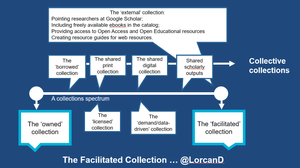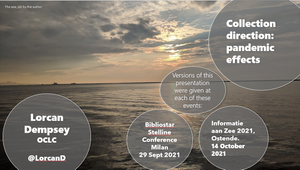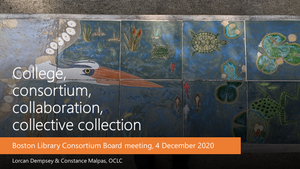In a digital environment our actions shed data which can be collected and mined. We leave traces. In this context it is not surprising that ‘analytics’ has emerged as a central interest. ‘Analytics’ is often used to refer to how organizations analyse the data they collect to improve decisions or performance.
This extends to the academic arena, and data from academic support systems is now being collected and mined to identify and act on issues:
With the increased concern for accountability, academic analytics has the potential to create actionable intelligence to improve teaching, learning, and student success. Traditionally academic systems—such as course management systems, student response systems, and similar tools—have generated a wide array of data that may relate to student effort and success. Early academic analytics initiatives are seeking to predict which students are in academic difficulty, allowing faculty and advisors to customize learning paths or provide instruction tailored to specific learning needs. [Academic Analytics: A New Tool for a New Era (EDUCAUSE Review) | EDUCAUSE CONNECT]
Tony Hirst made a distinction a while ago between academic analytics and online course analytics, the focus of his interest.
In contrast to the academic analytics, one of the things I set out to explore was how an off the shelf web stats analytics tool (Google Analytics) could be used to help me learn more about what students were doing with our online course materials, and help me identify what – if anything – a “learning site’s” goals could be, and what the site might be optimised for. [OUseful Info: Course Analytics – Prequel]
Follow-up posts are here and here.
This trend towards ‘analytics’ in the learning space, and the connection of web use and individual progress, provides an interesting contrast with general library practices and a concern for privacy.
At the LIR seminar a few weeks ago, I heard an interesting presentation [ppt] by Elizabeth Murphy of the National University of Ireland, Maynooth, about developing electronic ‘core’ collections to support learning. A part of the discussion was about the differences in expectations around the use of statistics between the library and those managing the university Moodle-based course management system.



